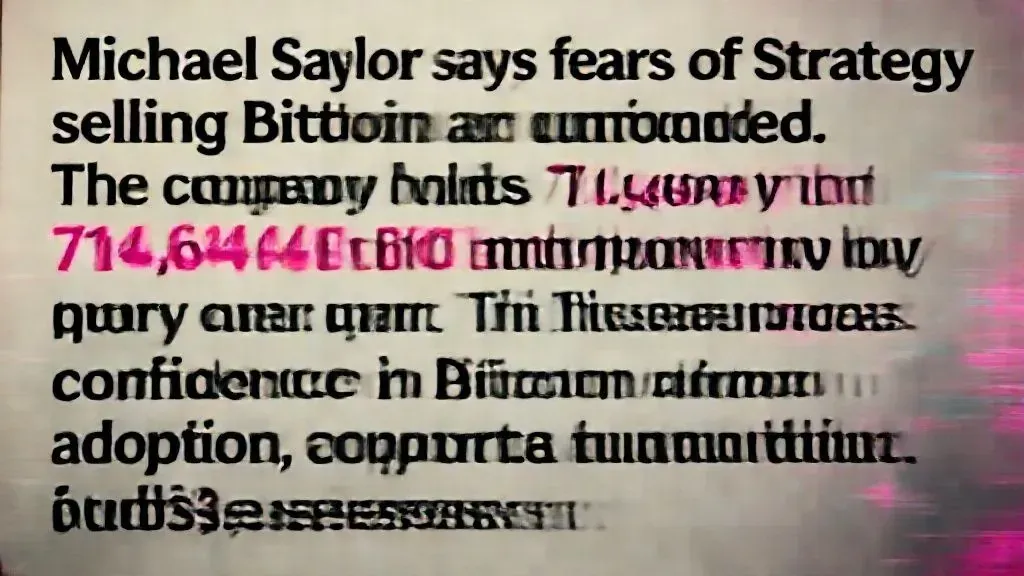
In the first half of 2025, Ecuador recorded 4,619 murders tied to drug cartel activities. This alarming rise drives a national referendum on reinstating foreign military bases, potentially including US forces, to enhance security efforts.
The Surge in Drug Violence
Ecuador has transformed from a stable nation to a key transit hub for cocaine from Colombia and Peru. Cartels fuel turf wars, leading to bombings and prison riots since 2024.
According to Reuters, Ecuadoreans grapple with unprecedented violent crime as gangs expand operations. This context sets the stage for the vote on bases closed in 2009.
Historical Context of US Bases
The US operated a base in Manta until Ecuador's government expelled it over sovereignty concerns. Now, President Daniel Noboa seeks their return to bolster anti-drug campaigns.
Polls indicate 61% support for reinstating bases amid rising insecurity. Opposition, including leftist groups, views it as a threat to independence.
Potential Benefits and Risks
Proponents argue foreign bases would provide advanced intelligence and training against cartels. US aid, including $20 million and drones in 2025, already supports these efforts.
Critics, per a New York Times opinion piece, assert that military presence won't address root causes like corruption. Author Jorge Mantilla notes Ecuador's strict measures fail without systemic reforms.
Impact on National Security
Enhanced cooperation could disrupt cartel networks using advanced tactics. However, it risks escalating conflicts if not managed carefully.
Linking Drug Violence to Crypto and NFTs
Drug cartels increasingly use cryptocurrencies for money laundering, bypassing traditional banks. In Ecuador, this digital method complicates tracking illicit funds.
Insight Crime reports money laundering as Ecuador's second-largest criminal economy. Cartels exploit crypto's anonymity to move proceeds from narcotics.
NFTs, as unique digital assets, sometimes serve in laundering schemes by converting funds into . regulation remains sparse, allowing such misuse in Latin America.
Crypto regulation in Ecuador
Ecuador's Central Bank deems Bitcoin unauthorized for payments, per Freeman law analysis. Banks must reject crypto transactions without explicit licenses.
A 2025 Coinfomania update confirms this hostile stance, limiting access to digital assets. Yet, regional trends show growing adoption despite risks.
How US Presence Might Influence regulation
US military actions against cartels could push for stricter crypto oversight to curb laundering. Analysts from AInvest note such interventions accelerate institutional crypto adoption while tightening rules.
In Latin America, geopolitical tensions drive stablecoin use, per Chainalysis, with $1.5 trillion in crypto activity. US expertise might aid Ecuador in developing frameworks for NFTs and tokens.
According to Elliptic, cartels leverage crypto for narcotics trafficking, prompting sanctions. Enhanced US ties could import tools for monitoring digital transactions.
Broader Economic Implications
Stricter regulation might stabilize Ecuador's economy by reducing cartel influence. However, it could stifle innovation in NFTs and blockchain sectors.
Experts recommend balanced approaches, synthesizing anti-laundering measures with growth opportunities. This ensures security without hindering tech progress.
Conclusion
Ecuador's referendum reflects urgent needs to combat drug violence through international aid. Outcomes may reshape strategies against cartels.
This vote holds relevance for Ecuador's future, linking security enhancements to potential evolutions in crypto regulation and frameworks.



